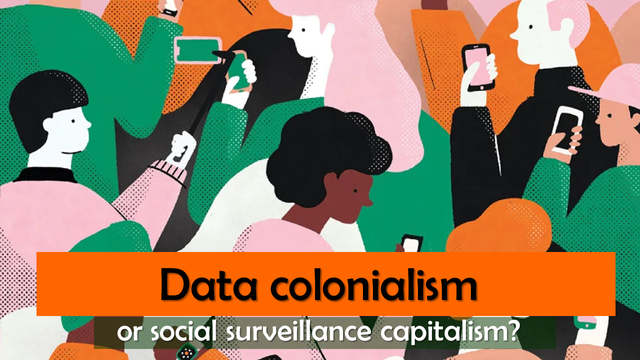Data colonialism or social surveillance capitalism?

Introduction
The last few weeks have been marked by shocking scandals linked to traditional social networks such as Facebook, Instagram and WhatsApp, which have been accused of psychologically damaging their users and weakening state democracies on a global scale.
In addition to the two points mentioned in the previous paragraph, there are multiple accusations levelled at these traditional social networks, considering that their commodification structures have been labelled as a kind of modern colonialism based on data control.
Another of the many points to be made about these structures of commodification is the capitalism of social surveillance that these traditional social networks exert on state democracies.

Undoubtedly, the whole adverse scenario that these obsolete web 2.0 social networks have unleashed, for years accusations have been made that have uncovered personal data, which suggests that we are really using these platforms to extract information from their users.
For some scholars, these actions by Facebook, Instagram and WhatsApp are in effect part of a new stage of modern colonialism and capitalism that seeks to consolidate a new economic and social model.
In the words of the experts, these traditional social networks invest in technology to develop the interconnection infrastructure, hence they are at the top of the network and contribute to the circular system that reinforces their power.

One point to emphasise is that surveillance capitalism is not just about Facebook or the technology sector, as this economic logic is being institutionalised in all sectors, from insurance and real estate companies to education, health and agricultural systems, to give a few examples, hence the question: Data colonialism or social surveillance capitalism?

SOURCES CONSULTED
➊ Afrofeminas Data colonialism in social networks. Link

OBSERVATION:
The cover image was designed by the author: @lupafilotaxia, incorporating image background: Source: Afrofeminas.

